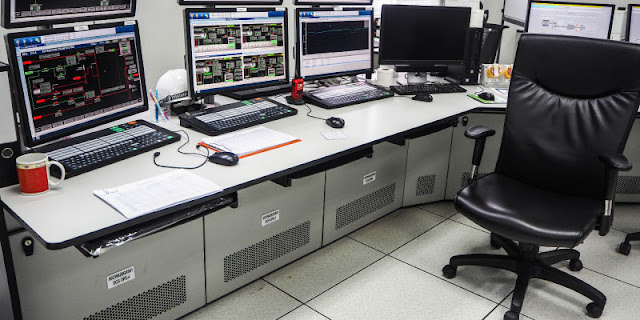In today’s world of increasing cybercrime and data breaches, every organization needs to place an emphasis on securing its technological assets. This is where the role of a Security Operations Center (SOC) comes into play as this team is dedicated to analyzing and monitoring cyber threats and attacks. A SOC is an amalgamation of multiple teams working together to identify and avoid data breach incidents.
This blog provides vital information to anyone who wants to secure a job in the cybersecurity domain with a focus on the role of a Security Operations Center Analyst and everything that the job entails.
What Is a Security Operations Center Analyst?
A Security Operations Center Analyst is a cybersecurity expert who is part of the SOC team. Their primary responsibility is to monitor and mitigate threats to the organization’s IT infrastructure, evaluate security systems, and assess weaknesses and probable improvements. They undertake real-time log analysis to offer network and data security for an organization. They document all client communication and are expected to work in a team environment while monitoring the wellness and health of security devices in an organization’s network.
What Are the Top SOC Analyst Skills?
The primary role of a Security Operations Center Analyst is to understand the network activity and to defend an organization from malicious attacks. The key SOC Analyst skills are:
◉ Network defenders: The primary skill you need to have is knowledge of the basics of networking, as networks are the most vulnerable to cyberattacks.
◉ Ethical hacking: As this role involves identifying potential threats and exposes the vulnerabilities in the network, you will need to be good at ethical hacking as well.
◉ Timely response to breaches: In order to deter potential attacks, you will have to deal with breach situations and recommend appropriate changes to the current security systems.
◉ Documenting incidents: This is a vital SOC Analyst skill as various incidents could take place in an organization and proper documentation enables you to pass around and escalate the issue within a team. All the records or actions must be well documented as they may be used as evidence during legal procedures.
◉ Computer forensics: You should be aware of computer forensics in order to successfully deter cybercrime. Digital forensics expertise will assist you in the processing, review, and reporting of data. In order to prevent further violations, you may also gather or collect proof of the violation.
Security Operations Analyst Job Description
Security Operations Analysts are termed as “watchdogs and security advisors” by the Prelude Institute as their role is twofold — they keep an eye out for potential threats and they also work towards mitigating future attacks. You will be investigating suspicious activity in the network and suggesting restorative measures by developing security strategies. The job is cumbersome and monotonous at times, as you need to monitor threats thrown up by various security software, which involves a lot of false alarms. However, this is the major responsibility of a Tier 1 Security Operations Center, and the role keeps evolving as the levels increase.






0 comments:
Post a Comment